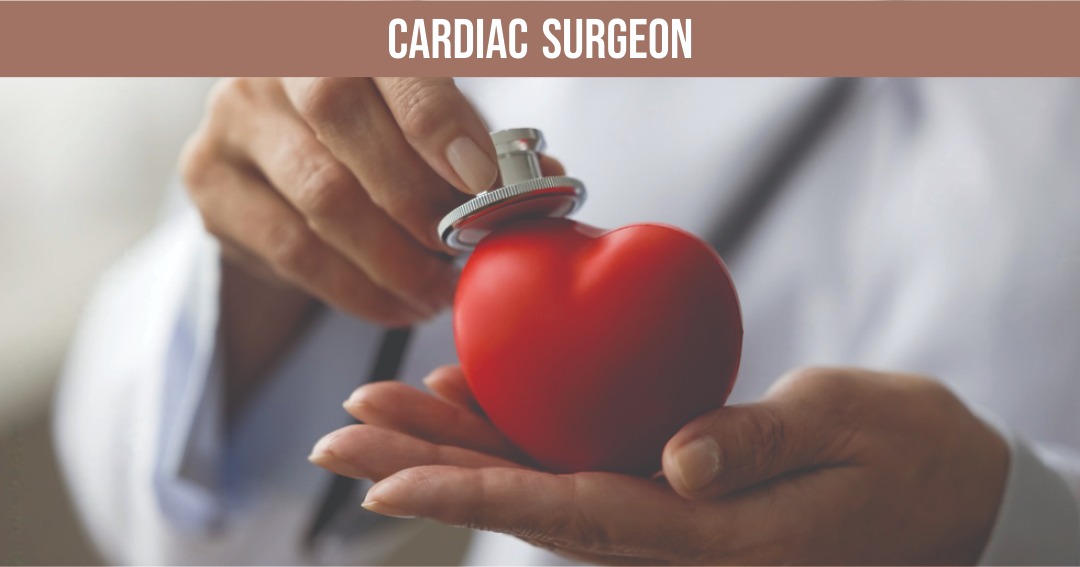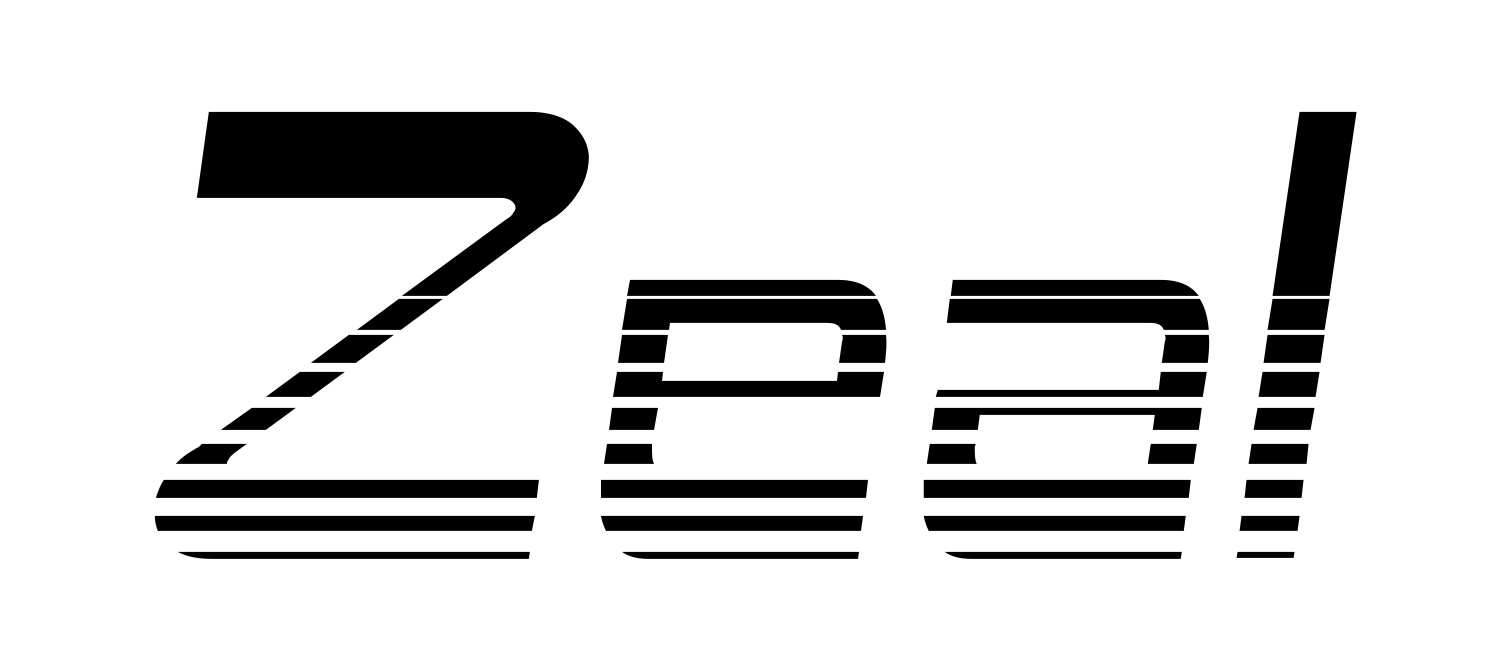Cardiac Surgeon

What is a Cardiac Surgeon
- Cardiothoracic surgeon ? surgeons who treat the heart and most organs and tissues in the chest (blood vessels, lungs, esophagus, and trachea)
- Congenital/Pediatric heart surgeon ? repairing structural problems in the chest on a mostly newborn baby.
Responsibilities
- Documenting ? detailed notes and records on what they did
- Teaching ? teach future physicians and surgeons
- Training ? Train for surgeries alongside working
- Continuing education ? constantly needs learning and training, otherwise they can lose their license. They also need rigorous board certification education and tests. These tests can take hours or even days to complete.
Personal qualities and skills
- Communication skills ? colleagues, patients, and their families
- Emotionally strong
- Able to work under pressure
- Teamwork
- Problem solving
- Decision making
- Hand eye coordination
- Manual dexterity
Education requirements
- Undergrad - 4 years (bachelor's degree)
- Medical school - 4 years (medical doctor or doctor of osteopathic medicine degree)
- General surgery residency - 5 years or 6 years (ICTSR)
- Cardiothoracic surgery residency - 2-3 years or 6 years (ICTSR)
- Fellowship - optional Total: 14 to 16
Bachelors degree (McMaster university)
- Degree name:
The bachelor of health sciences (honour)
- Fee:
About $7,300/year
- Length and grade requirements:
- 4 years - Low 90s
- Courses:
- English
- Biology
- Chemistry
- Data management, advanced functions, or calculus
- and vectors
- Non-math, non-science, non-technology, university
- or university/college course
- One additional grade 12 university or
- university/college course
- Other schools:
- Mcmaster
- University of Toronto
- Western university
Medical doctor degree (University of Toronto)
Academic
- At Least 3 years of undergraduate study towards a
- Canadian university bachelors degree
- Prerequisite courses ? Two full-course equivalents
- (FCEs) in life sciences and one FCE in a social
- science, humanities or language
- Minimum OMSAS GPA = 3.6
- MCAT: 125 in each section (allowed 124 in one)
Non-Academic
- Professional? maturity, reliability, perseverance and
- responsibility
- Communicator ? communication, collaboration,
- teamwork, time management and leadership
- Advocate ? advocacy, community service and social
- responsibility
- Scholar? academic standing, achievements in
- leadership, research and social responsibility as
- demonstrated by (but not limited to) awards,
- conference presentations, publications, and
- scholarships
- Fee: $25,721.46
License/certification requirements:
- Undergraduate degree
- Volunteer at hospitals/clinics
- MCAT
- Graduate medical school (MD)
- Licensed physician
- General surgery residency
- Cardiothoracic surgery fellowship
- Board certification
Employment
- Working conditions:(Government of Westurn Austrailia, n.d.)
- Long shifts
- Weekends
- Clean environment
- Always has a team
- Pros:
- Helping patients
- Prestige
- Financially strong
- International opportunities
- Related occupations: Heart health ? health care field
- Cardiologists
- Cardiac nurse
- Cardiology physician
- Cardiology consultant
- Salary: (Heart Institute, University of Ottawa, n.d.) $350,000-$450,000 per year
- Cons: (Horesh, n.d.)
- Work in high-pressure
- Lengthy education
- Lifestyle and work life balance
- Emotional challenges
- Satisfaction: (Surg, 2013) About 80% of surgeons are satisfied.
- Salary
- Exciting research
- Teaching/learning opportunities
Other Career Options
Nuclear pharmacy, often known as radiopharmacy, is the preparation of radioactive materials for patient administration that will be utilized in nuclear medicine to diagnose and treat certain disorders.
(Cleveland Clinic, 2022)Medical sonographers use ultrasound technology to create and capture pictures of various body sections to assist physicians in monitoring pregnancies and diagnosing cardiac, ophthalmic, vascular, and other medical diseases.
(Government of Canada, 2023)
